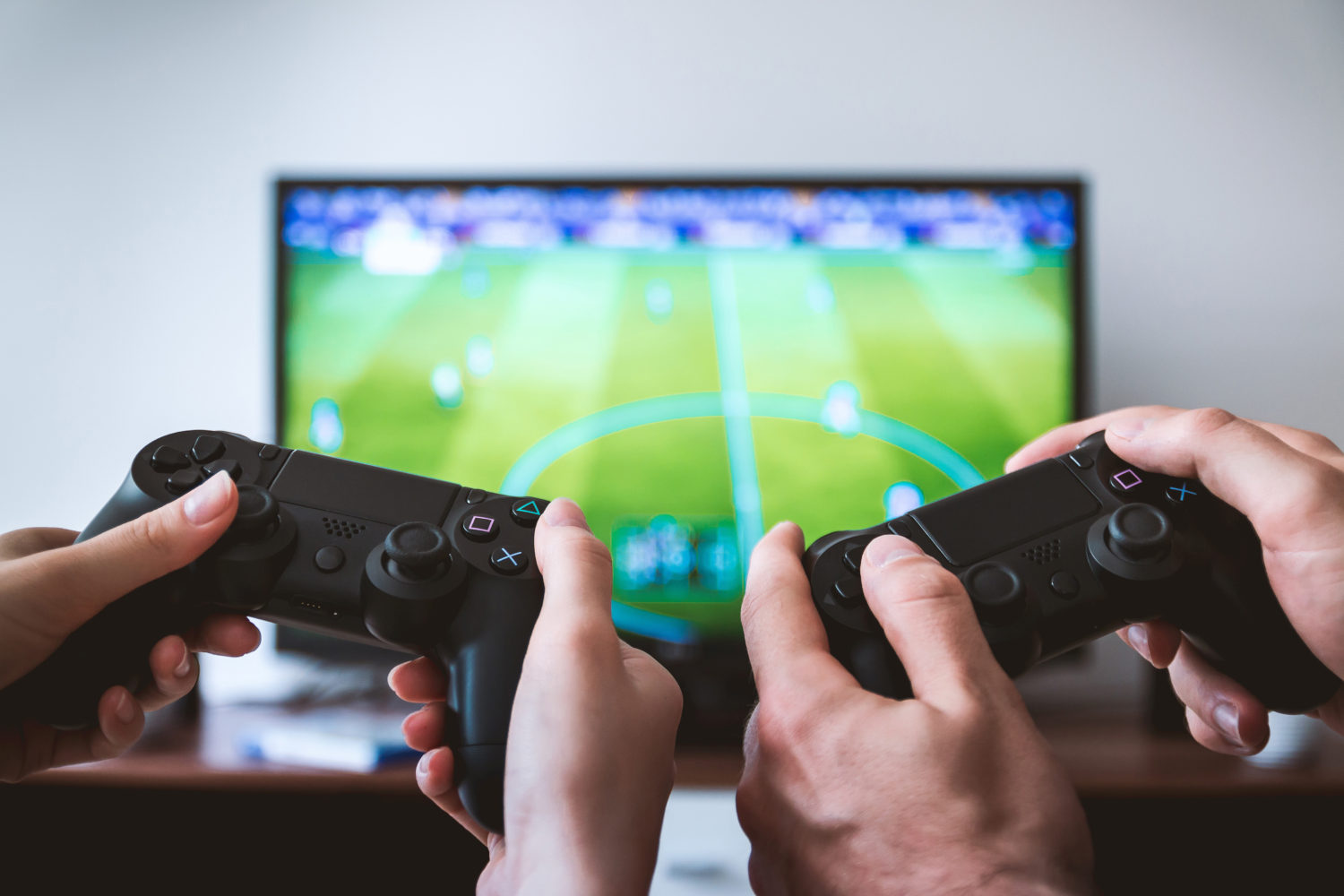
By: Esther Bergel
How to Protect Intellectual Property Rights in Video Games?
The video game industry is the entertainment-related economic sector that has shown higher levels of growth in recent years. During 2016, it surpassed even the popular film and music industries, generating revenues of more than 99,000 million euros in Europe; while for the year 2020, it is estimated that this industry will reach a value, only in the United States of America, of more than 120,000 million dollars.
Despite the economic importance that this entertainment sector currently has, partly due to its rapid evolution and growth, its legal protection has been neglected and left behind, especially when it comes to intellectual property rights.
What elements should be protected in video games?
With the rapid advance and emergence of new technologies, legal protection over video games has become increasingly complex. Initially, these were quite basic and did not have the same elements that we know today, so protection was mainly focused on software. Currently, this protection has become more intricate because video games are works that contain different creative elements, including:
Video: Images, photographs, digital captures, animations, texts.
Audio: Different types of sound effects, recordings, voices, musical compositions.
Computer codes: Software, comments, algorithms.
Literary works: Script, plot.
Brands: Logo, the name of the video game, among others, which are also used in products associated with them.
Image rights: In the case of certain current games that use elements of image, voice, names of real people and personalities or reproductions of pre-existing works belonging to a third party.
Due to this large number of elements that make up modern video games and how fast technological advances have happened in recent years, it cannot be considered that they are simply computer programs as they were in the beginning; therefore, we are faced with the difficulty of defining exactly what is the applicable legal regime.
As mentioned above, today’s video games are different and more complex than any other creative work, since they combine the different audiovisual and script elements with the computer elements, which allow users to interact with the work.
Legislation applicable to the protection of video games
A study carried out by the World Intellectual Property Organization (WIPO) in 2013 entitled “The Legal Status of Video Games: Comparative Analysis in National Approaches” analyzes how this issue is handled from the perspective of different countries, allowing to see that currently, among those jurisdictions, there are mainly three different groups, as follows:
- Those considering that video games are a “functional software with graphic interface”, such as: Argentina, Canada, China, Spain, Israel, Italy, Russia, Uruguay.
- Those considering that video games have a distributive classification, so that each of its elements must be protected separately due to its complexity, namely Germany, Belgium, Brazil, Denmark, Egypt, United States of America, France, India, Japan, South Africa, Sweden.
- Those considering that video games are audiovisual works, such as South Korea, Kenya.
At present, it would not be appropriate to define video games simply as a computer program, since software is just one of the elements that make them up. While in the beginning the protection was properly directed mainly to the software, since it was original and did not contain a greater number of additional differentiating elements, currently in most cases the software is not even original, whereas it departs from a base that is used by different companies and is actually differentiated thanks to the rest of additional elements that are added later.
Nor can we classify them as a simple audiovisual work, because it does not share the essential characteristics that the rest of this type of works have, since the purpose of video games is to be used as a kind of program in order to interact with all the elements of the video game.
Based on the above, the most appropriate thing to do is to recognize the complexity of all its components, since both the software elements, such as the audiovisual elements, and the ones related to literary works, among others, are equally relevant at the time of valuating the final result and to be able to make them distinguishable from each other.
Challenges or loopholes regarding the protection of video games
Being an industry in constant innovation and growth, it is necessary to start creating special regulations for this type of composite works, because no country currently has a specific legislation for video games.
It would also be very useful to create an international treaty allowing a defined regulation for this issue and eliminating the various existing loopholes, and also serving as a way of unification to which different countries can adhere.
This regime should cover not only the classification of video games, but also the rights that correspond to each participant in its creation, whether authors, producers and specific contributors, and also the way in which these works are exploited.
The existence of this legal regime would facilitate the development of all the members of the industry, avoiding abuses and providing an adequate resolution to the conflicts that may arise, which would further boost the growth of this sector and give greater security to all the participants in the creation of these works.
Sources:
- Home image created by Jeshoots – Freepik.com
- [1] El Poder en la Industria de los Videojuegos Available at: http://www.expansion.com/economia-digital/companias/2017/08/26/5996fc9722601d6d3b8b4598.html
- [2] PwC: Game industry to grow nearly 5% annually through 2020. Available at: https://venturebeat.com/2016/06/08/the-u-s-and-global-game-industries-will-grow-a-healthy-amount-by-2020-pwc-forecasts/
- [3] “The Legal Status of Video Games: Comparative Analysis in National Approaches”. A study prepared by the World Intellectual Property Organization (WIPO) available at: http://www.wipo.int/export/sites/www/copyright/en/activities/pdf/comparative_analysis_on_video_games.pdf







